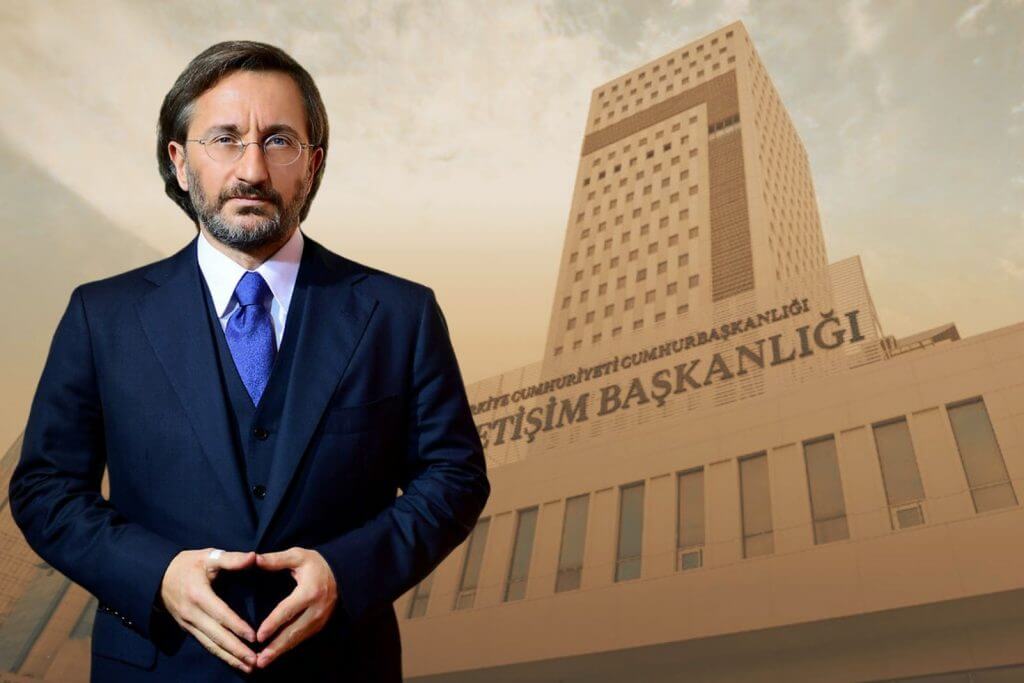With Turkey’s presidential and parliamentary elections just days away, Turkish prosecutors are investigating social media users who allegedly spread disinformation based on a criminal complaint filed this week by the presidential communications directorate, the Artı Gerçek news website reported.
The directorate alleged in the complaint that the social media users in question were determined to have systematically “spread misleading information to the public” by releasing content to create fear, panic and turmoil in the society, demanding that they be identified and indicted.
The Ankara Chief Public Prosecutor’s Office launched the investigation into the holders of the Twitter accounts who allegedly created disinformation by working together and reached some 40 million social media users in total.
The office reportedly instructed the police to determine the real identities of the Twitter users and to take action against them.
Turkey’s parliament in October 2022 approved a tough pre-election law that could see reporters and social media users jailed for up to three years for spreading “fake news.”
The rules cemented the government’s already-firm grip on the media months before a general election that President Recep Tayyip Erdoğan enters trailing in the polls.
The Council of Europe said the measure’s vague definition of “disinformation” and accompanying threat of prison could have a “chilling effect and increased self-censorship, not least in view of the upcoming elections” slated for Sunday.
Most Turkish newspapers and television channels fell under the control of government officials and their business allies during a sweeping crackdown that followed a failed coup in 2016.
According to Reporters Without Borders (RSF), 90 percent of the national media in Turkey, which was ranked 165th among 180 countries in the RSF’s 2023 World Press Freedom Index, is owned by pro-government businessmen and toe the official line.
But social networks and internet-based media remained largely free of oversight — much to the growing annoyance of Erdoğan.
This began to change when Turkey used the threat of heavy penalties to force giants such as Facebook and Twitter to appoint local representatives who can quickly comply with local court orders to take down contentious posts.
Erdoğan began to argue at around the same time that Turkey’s highly polarized society was particularly vulnerable to fake and misleading news.
Social media has “turned into one of the main threats to today’s democracy,” Erdoğan said in December 2021.
